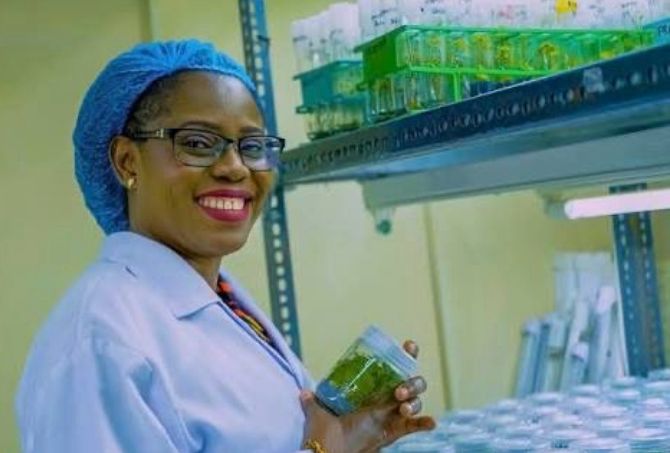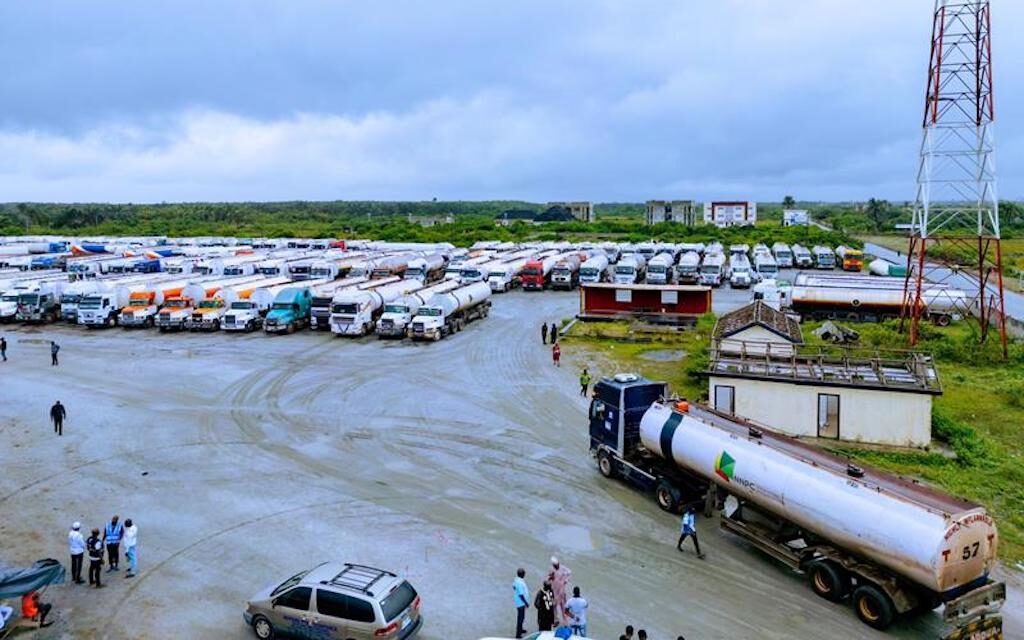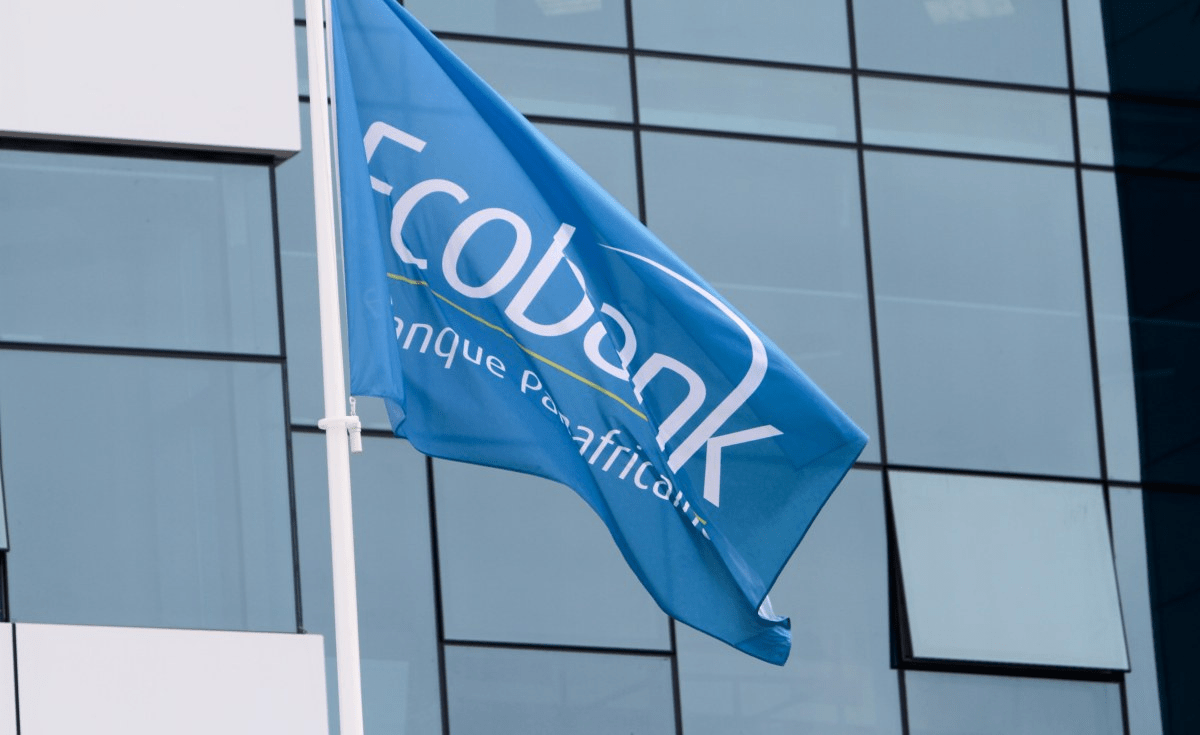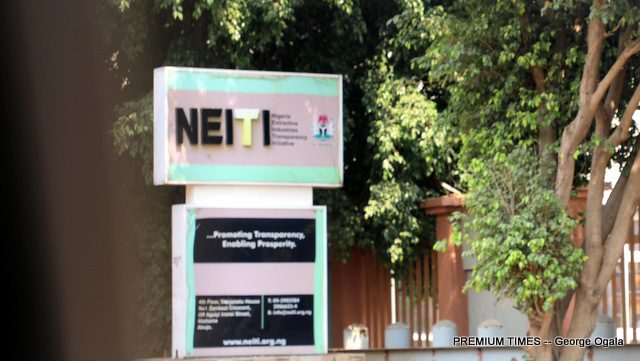PricePally, in partnership with the GSMA Innovation Fund, has successfully completed its Climate Resilience and Adaptation Project, delivering transformative impact for more than 750 smallholder farmers nationwide and emboldening them to profitability.
Designed to make farming predictable, profitable, and climate-smart, the initiative tackled some of the deepest cracks in Nigeria’s food system, which include rampant post-harvest losses, poor access to markets, and farmers’ financial vulnerability.
According to statistics, agriculture employs nearly 70 per cent of Nigeria’s population, with smallholder farmers producing a staggering 98 per cent of the nation’s food.
Yet for decades, the smallholder farmers have faced devastating losses – up to 45 per ent in tomatoes and vegetables – due to lack of modern storage, limited financing, and a weak distribution chain.
However, the PricePally-GSMA project turned the tide as farmers received intensive climate-smart training, sensitisation on Good Agricultural Practices (GAP) and weekly field support via dedicated liaison officers.
They were digitally onboarded, enabling traceable production, real-time demand forecasting, and structured offtake agreements that ensured reliable buyers.
Finance was unlocked through Trade Lenda, which offered zero-collateral loans, while spoilage was drastically cut with solar-powered cold storage from Ecotutu, supported by cooling packs and gel for safe last-mile delivery.
New jobs were also created for women and youth as sorters, quality assessors, liaison officers, and last-mile agents.
Commenting, a project beneficiary Mr. Olafemi said: “We no longer sell in desperation; we plant knowing who will buy.”
Also speaking, Project Manager at PricePally, Benjamin Ogunbola said: “Through this project, we’ve seen a systemic shift. Post-harvest losses are down by almost half, and the PricePally network has given smallholders confidence that farming is not just survival but a sustainable business.”
The Chief Executive Officer of PricePally, Luther Lawoyin, underscored the breakthrough, saying: “The integration of technology, data, and partnerships has created real resilience for smallholders and the larger value chain. This is the future of agriculture, where farmers can thrive, youth are attracted, and food reaches consumers more reliably and affordably.”
Looking ahead, PricePally is preparing to scale up the model across more states and farm produce, with an emphasis on training, structured distribution, and export readiness, a move that could position Nigerian smallholders for both national food security and global market integration.
The post PricePally, GSMA Climate Project Slash Post-Harvest Losses appeared first on THISDAYLIVE.










